When you head to the supermarket now, there are countless plant-based meat products to choose from, from burgers to sausages to nuggets. In fact, in 2020, the global plant-based meat market hit a value of $4.3 billion USD. But one of the pioneering players in the meatless industry was, undeniably, Quorn. And a new study suggests that the OG brand could be key to reducing deforestation.
Founded back in 1985, Quorn takes a fungus called Fusarium venenatum and uses a fermentation process (just like the one used to brew beer) to create its signature ingredient: mycoprotein.
Reducing deforestation
Making mycoprotein uses far fewer resources than conventional meat production. It doesn’t need anywhere near as much land as animal agriculture, for example, which relies on cutting down forests to create more space for cattle herds. The beef industry, in particular, is a key driver of deforestation around the world, especially in the Amazon.
According to new research from Germany’s Potsdam Institute for Climate Impact Research, partially replacing beef with mycoprotein could cut deforestation rates in half.
The study, published in the journal Nature, concluded that replacing 20 percent of the world’s per-capita beef consumption with mycoprotein would not only significantly cut deforestation rates, but could also cause an 11 percent reduction in methane emissions.
Animal agriculture is the largest polluter of methane, a heat-trapping gas that is 25 times more potent than carbon dioxide.
‘People can continue eating burgers’
But reducing meat consumption doesn’t mean that consumers have to go without their favorite foods. Quorn offers a wide variety of vegan and vegetarian meat products. There are Hot & Spicy Burgers, Steak Bakes, Turkish Style Kebabs, Sausage Rolls, and more, all made from mycoprotein.
Dr. Florian Humpenöder, who led the study, told the Guardian: “The food system is at the root of a third of global greenhouse gas emissions, with ruminant meat production being the single largest source.”
“The good news is that people do not need to be afraid they can eat only greens in the future. They can continue eating burgers and the like, it’s just that those burger patties will be produced in a different way.”
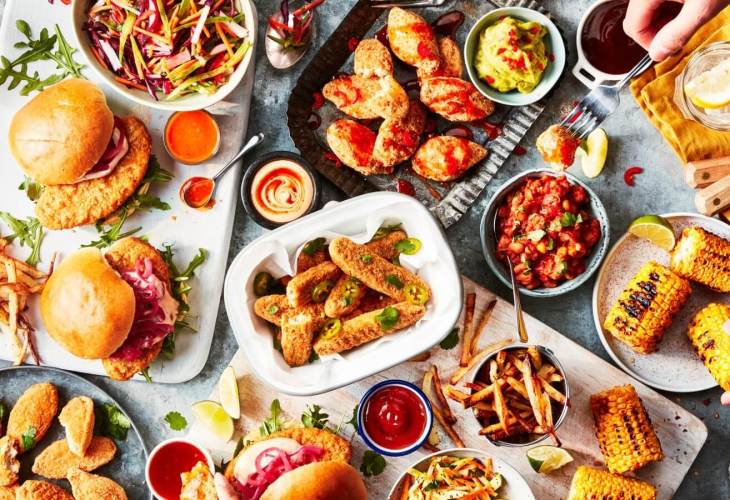





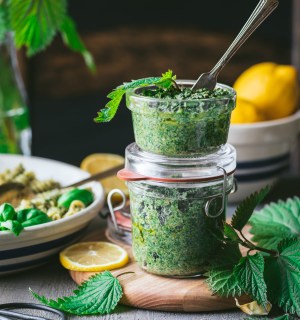
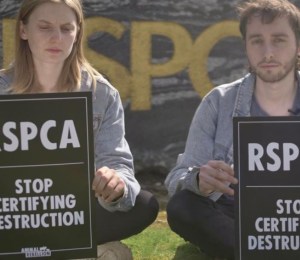
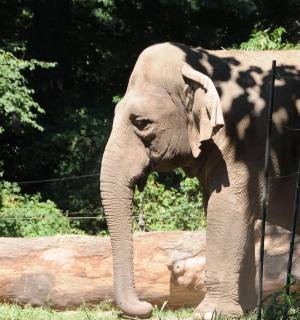
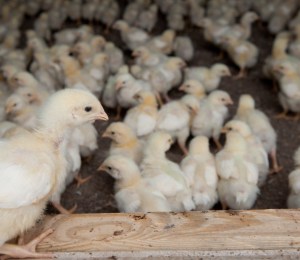




Leave a Comment
Plant Based News Comment Policy
In short:- If you act with maturity and consideration for other users, you should have no problems. Please read our Comment policy before commenting.